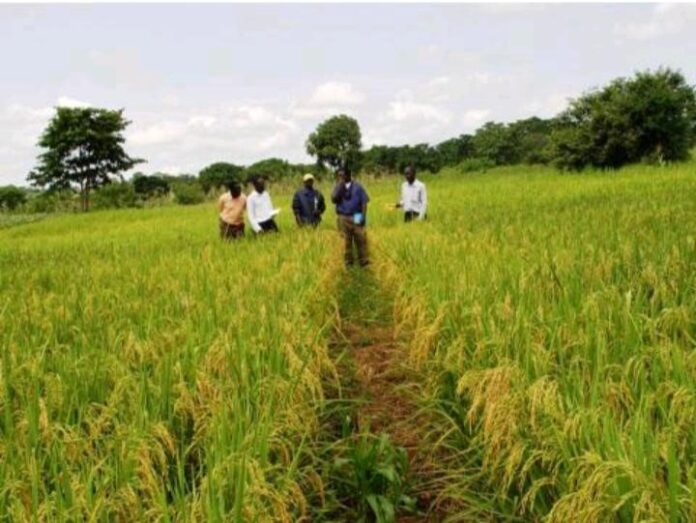By MSM
Sierra Leone is a country blessed with rich soil, abundant rainfall, and hardworking people. Yet, despite these advantages, our agricultural sector remains underdeveloped, and the country still spends millions of dollars each year to import food, much of which could be grown right here at home.
As the nation looks to the future, one thing is clear: agriculture must be at the heart of Sierra Leone’s development agenda.
Over 60% of Sierra Leone’s population relies on farming for their livelihoods, yet the majority practice subsistence farming, producing barely enough to feed their families. Much of the farming is done with traditional tools, on small plots of land, with limited access to improved seeds, fertilizers, and irrigation. Post-harvest losses are high, and roads to markets are often poor.
Meanwhile, our growing population increases the demand for food every year. Rice, the staple of our diet, is still heavily imported, draining our scarce foreign exchange.
Investing in agriculture means more than just producing food. It creates jobs, especially for youth and women. It can reduce poverty, improve nutrition, and build resilience to climate change. It can help diversify our economy away from dependence on mining and foreign aid.
To unlock the full potential of agriculture, Sierra Leone must confront several challenges: low productivity due to outdated farming methods, limited access to finance and affordable farm inputs, weak infrastructure, including rural roads and storage facilities, climate risks, including floods, droughts, and soil degradation, poor market access and inadequate agricultural policies.
To transform agriculture into the engine of Sierra Leone’s future, we need bold and sustained action: Modernize farming techniques by introducing improved seeds, fertilizers, and machinery, invest in irrigation systems to make farming less dependent on unpredictable rainfall, and train and support farmers, especially young people, to see agriculture as a business, not just survival.
Also to build better roads and storage facilities to reduce losses and connect farmers to markets, encourage agribusiness and value addition, such as processing rice, cassava, and cocoa locally, to create more jobs and increase exports, strengthen land tenure systems so farmers feel secure investing in their land, and adopt climate-smart practices to protect the environment while increasing yields.
Agriculture is more than a livelihood, it is a pathway to dignity, independence, and prosperity for Sierra Leone.
We cannot continue to import rice while our fields lie fallow. We cannot keep our youth unemployed while fertile land goes untended. We cannot talk about reducing poverty while ignoring the sector that employs most of our people.
As a nation, we must prioritize agriculture, in our policies, our budgets, and our collective mindset.
It is time to sow the seeds of change: to empower our farmers, embrace innovation, and make Sierra Leone not just self-sufficient in food, but a regional leader in agricultural production.
The land is ready. The people are ready. The time is now.
Let us plant today what we want to harvest tomorrow, a Sierra Leone that feeds itself, employs its people, and builds a future of abundance from the soil beneath our feet.


